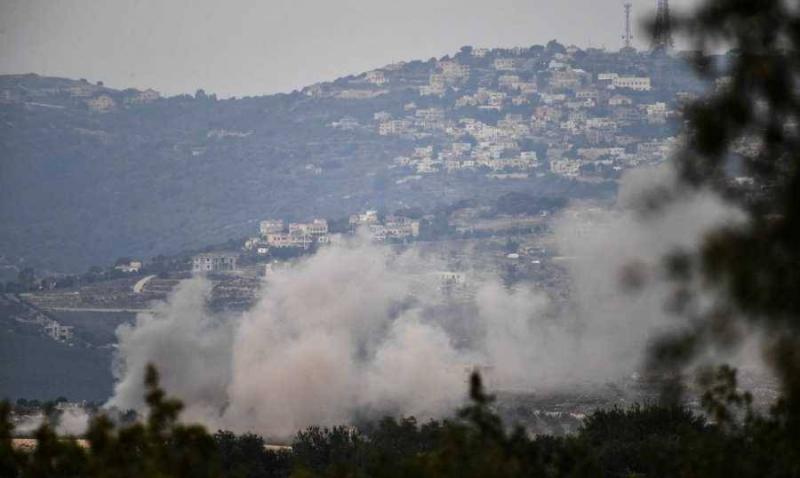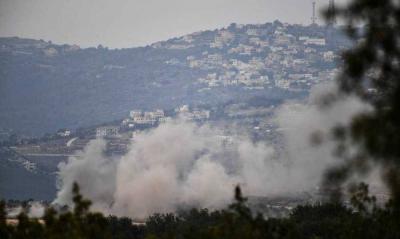The announcement by the "Hamas" movement last Monday has caused a stir in the Lebanese political scene, which divides its concerns into two levels. The first level is related to revisiting the "Cairo Agreement" of 1969, signed by Palestinian President Yasser Arafat and then-Lebanese Army Commander General Emile Bustani. This agreement included points regarding the organization of Lebanese-Palestinian relations, allowing the Palestinian resistance to establish military bases in southern Lebanon, particularly in the areas of the Jabal al-Arqoub and the central and eastern sectors, while engaging in political activity within the camps. At that time, the South became a military operations zone, leading to an increase in Israeli attacks under the pretext of responding to guerrilla fighters, culminating in Israel's invasion of southern Litani on March 14, 1978, with the justification of pushing Palestinians away from the borders. Today, the Lebanese political level fears a repetition of that period, which could end the tranquility that southern Lebanon has experienced since 2006 and prolong the conflict even after the war in Gaza has ended.
The second level relates to the legalization of non-Lebanese arming within the country, especially since Hezbollah's weapons do not enjoy the consensus of all Lebanese political forces, even though they are officially covered in successive ministerial statements. Currently, the party's opponents, who accuse it of facilitating the access of "Al-Qassam Brigades" and other forces to the border area in recent weeks to launch rockets from Lebanese territory towards Israeli targets, suggest that legalizing Hamas's arming could rekindle fears of arming other political factions in Lebanon.
In reality, the implications of Hamas's announcement transcend the issue of Lebanese sovereignty and the controls related to the exclusive authority of the Lebanese state over border security. Former Minister and former Bar Association President Rashid Derbass believes that this Hamas announcement "also constitutes a blow to Palestinian legitimacy." He explained in an interview with "Asharq Al-Awsat" that the events of October 7 "entered the general Arab consciousness and restored the Palestinian cause to its Arab essence and charm, which also resonates with the Lebanese." However, upon Hamas's announcement, the Lebanese people began to feel targeted and wronged, considering that Hamas chose a country lacking the means of resilience to expand its military activity therein.
Derbass sees Hamas's declaration as a waste of gains without cause. Thus, he supposes that we should have the courage and bravery to say no out of concern, noting that an additional number of fighters in the south does not change the outcome of the battle. He adds that when certain organizations begin to prepare for war, with the consequent arming and military formations, it means that the Taif Agreement has faded. This would legitimize arming for every sect, including Christians, and each sect would seek foreign alliances, effectively reversing progress.
In reality, widespread Lebanese rejection has contributed to Hamas's retreat from its step. Here, former Lebanese MP and retired military expert General Wafiq Qatisha states that the near consensus among Lebanese rejecting this step has compelled the movement to pull back, referring to most Lebanese political forces and parties except for Hezbollah, which has not issued any statement regarding the step. Qatisha continues to say that Hezbollah is the one controlling the southern arena, and it alone can enlarge or reduce it. Despite trying to imply that it is not the guardian of the borders and has no relation to the arena, he adds, "The Lebanese apprehension regarding Hamas’s step and the Lebanese consensus on rejecting it thwarted it before it could take off."
On the other hand, Qatisha believes that Hezbollah's goal is to "maintain its weapons." This has driven it to launch a campaign against Israel and cover the Palestinian struggle from within Lebanon towards Israel. In pursuit of its objective, it can only participate in the battle.




